News & Commentary
Make an Informed Decision: Where the Presidential Candidates Land
Everything we’ve fought for is at stake in this election. Our right to protest a broken system, our right to equal treatment at work, and even our right to vote. It’s up to us to decide what comes next. The ACLU does not endorse or oppose candidates, but we do want to give you the information you need to make informed decisions. It is crucial that you study where the candidates land on the issues. See below for the presidential candidates’ positions on key civil liberties issues.

At the Polls, Episode 5: Why is Voting so Inaccessible to People with Disabilities?
Voters with disabilities make up the largest minority voting bloc in the country, but too often, voting is inaccessible. It’s a bigger problem than it may seem: One in four American adults has a disability and 45 percent have a chronic illness, including health conditions that impact their ability to vote safely during a global pandemic.
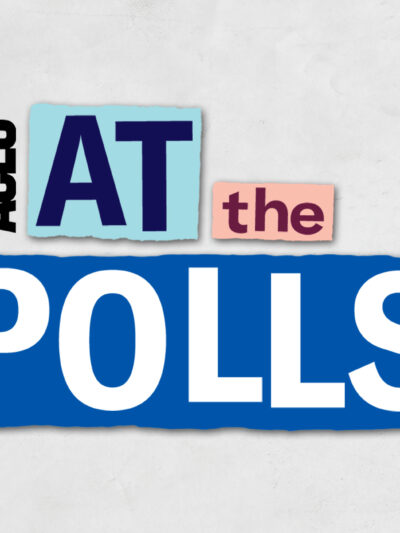
Let People Vote: Our Fight for Your Right to Vote During 2020
Dale Ho, Director, Voting Rights Project, ACLU
2020 has been

Why Are Police the Wrong Response to Mental Health Crises?
Over the last months on our podcast, At Liberty, we’ve explored different conversations on the subject of policing: abolition, violence and accountability, protest, and activism. This week, we dug into a topic that has gained more attention in the wake of Daniel Prude’s death in March at the hands of the Rochester Police Department: the startling connection between mental health-related 911 calls and police brutality.

The Trump Administration is Banning Talk about Race and Gender
Sarah Hinger, Senior Staff Attorney, Racial Justice Program, ACLU
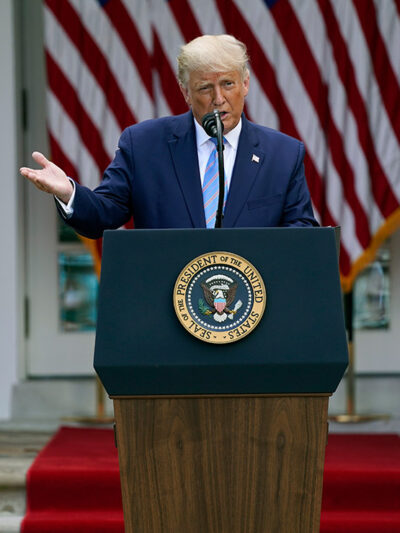
Overhauling Our Immigration System Begins with Citizenship for All
Madhuri Grewal, Former Federal Immigration Policy Counsel, ACLU National Political Advocacy Department
As we approac
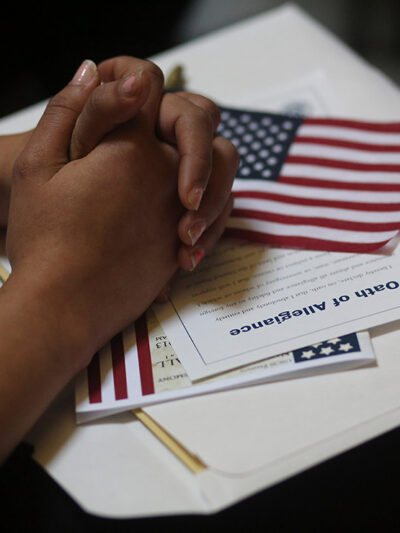
At the Polls, Episode 4: What Does it Take to Get Younger Voters to the Polls?
The younger you are, the less likely you are to vote. At least, that’s been the enduring trend in American politics for decades. But that trend is beginning to shift — today’s young voters are more engaged than ever before, and if they turn out in 2020 like they did in 2018, they could significantly impact the outcome of the election.
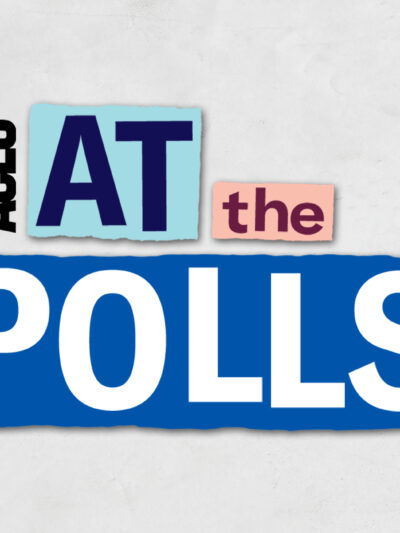
The Supreme Court Rulings You’re Not Hearing About
This past June, many breathed a sigh of relief when the U.S. Supreme Court rose above partisanship in controversial cases involving abortion, LGBTQ+ rights, the rights of DREAMERS, and the president’s tax returns. In those cases, conservative justices relied on legal reasoning, rather than party loyalty, to guide their decisions.
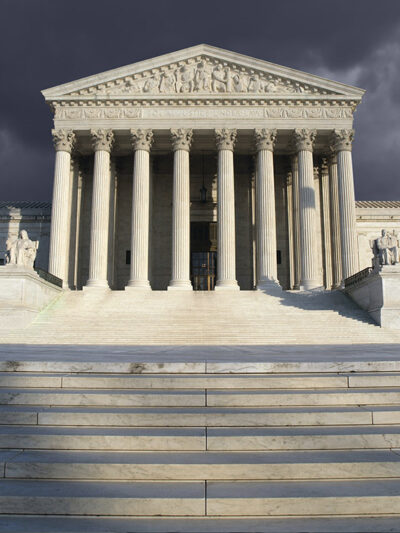
Stay Informed
Sign up to be the first to hear about how to take action.
By completing this form, I agree to receive occasional emails per the terms of the ACLU’s privacy statement.
By completing this form, I agree to receive occasional emails per the terms of the ACLU’s privacy statement.

